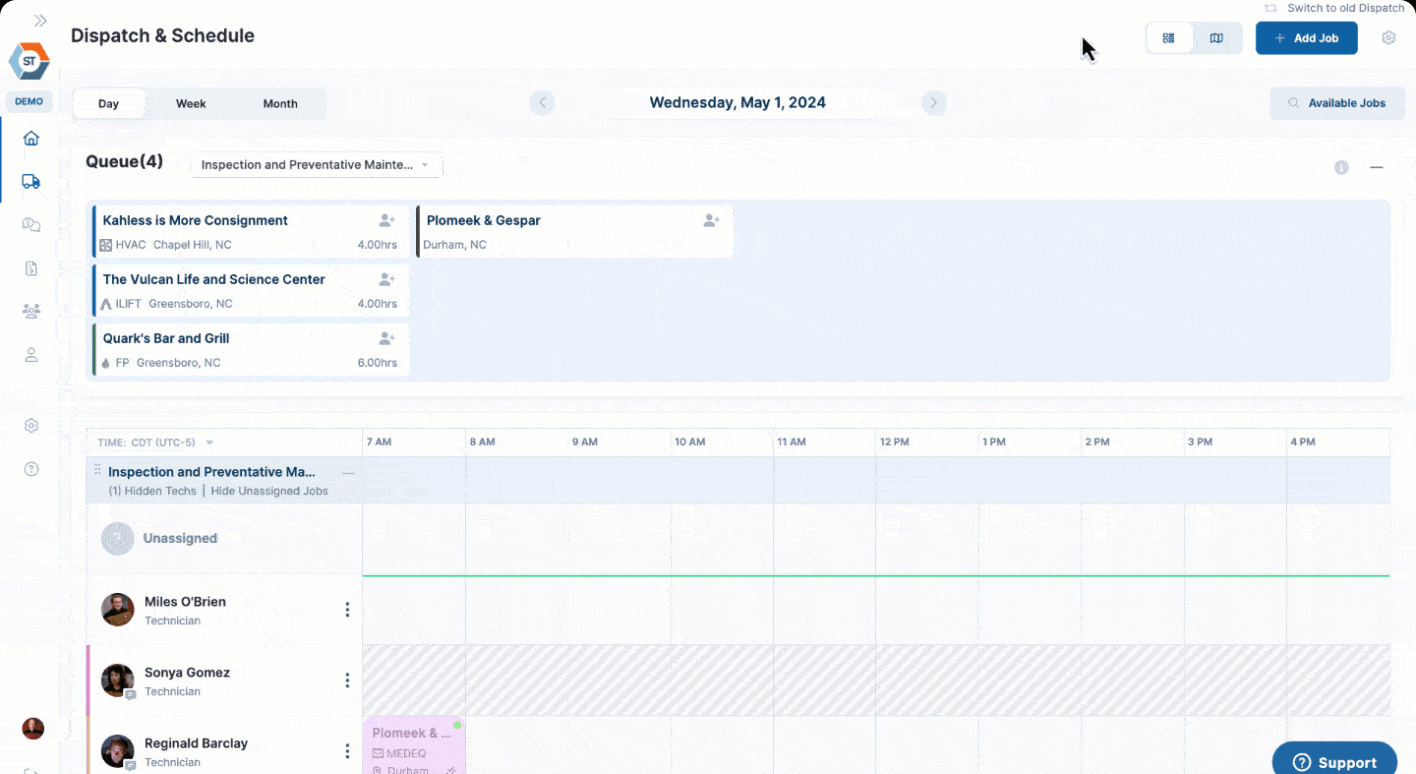HVAC SEO: A Comprehensive Guide for Commercial Contractors
In the competitive world of HVAC, a well-crafted SEO strategy can launch your commercial HVAC business to unprecedented heights. In this ever-evolving digital age, establishing a robust online presence is not just important, it’s essential for drawing in potential customers and outshining your competitors. In this comprehensive guide, we’re going to delve deep into the intricacies of HVAC SEO, equipping you with actionable tips and valuable insights to help you implement a powerful SEO strategy. So, get ready to embark on an exhilarating journey and unlock the true potential of HVAC SEO!
Understanding HVAC SEO
Before we jump into the nitty-gritty of HVAC SEO, it’s important to have a solid grasp of how search engines work and why SEO is essential for commercial HVAC providers. Search engines, like Google, use complex algorithms to analyze and rank websites based on various factors. The goal of HVAC SEO is to optimize your website and its content to improve its visibility in search engine results pages (SERPs), ultimately driving organic traffic to your site.
To achieve success in HVAC SEO, it’s crucial to identify your key goals. Are you aiming to increase brand awareness, boost website traffic, or generate more leads? Understanding your objectives will inform your SEO strategy and help you tailor it to your specific business needs.
Ranking factors play a pivotal role in determining your website’s position in search engine results. While these factors can vary, there are some common ones that apply to commercial HVAC providers. These include website relevance, user experience, site speed, mobile-friendliness, and the authority of your domain. By optimizing these factors, you can improve your chances of ranking higher in SERPs and attracting more qualified leads.
Keyword Research
Keyword research forms the foundation of any successful HVAC SEO strategy. By understanding what keywords your target audience is using to search for HVAC services, you can optimize your website and content accordingly. There are several tools available for HVAC keyword research, such as Google Keyword Planner, SEMrush, and Moz Keyword Explorer. These tools provide valuable insights into search volume, competition level, and related keywords.
When conducting keyword research, focus on identifying relevant keywords that have a good balance between search volume and competition. Put yourself in the shoes of your potential customers and think about the terms they might use to find your services. Incorporate these keywords naturally into your website’s content, including page titles, headings, meta descriptions, and alt tags. By doing so, you can improve your website’s relevance, making it more likely to appear in search results for those specific keywords.
On-Page Optimization
On-page optimization plays a crucial role in improving your website’s visibility and user experience. Start by ensuring that your website’s page titles, meta descriptions, and URLs are descriptive and optimized for relevant keywords. Craft compelling and informative content that includes relevant keywords naturally. Aim for a balance between SEO optimization and engaging, easy-to-read content.
Optimizing images on your website is often overlooked but can greatly impact SEO. Compress images to reduce file size without sacrificing quality and add descriptive alt tags that include relevant keywords. Additionally, optimize your website’s loading speed by minimizing file sizes, enabling browser caching, and choosing a reliable hosting provider.
Internal linking is another essential aspect of on-page optimization. By linking relevant pages and content within your website, you improve navigation, enhance user experience, and give search engines a better understanding of your site’s structure. So, make sure to connect the dots and guide your visitors to other valuable resources within your website.
Off-Page Optimization
While on-page optimization focuses on improving your website’s performance and content, off-page optimization involves activities that occur outside your website but still impact its SEO. One of the most crucial factors in off-page optimization is building high-quality backlinks. Backlinks from reputable websites act as votes of confidence, signaling search engines that your website is reliable and trustworthy.
To build backlinks for your commercial HVAC website, start by creating valuable, shareable content that others will want to link to. This could include insightful blog posts, informative guides, or industry-related resources. Reach out to HVAC industry influencers, trade associations, and local business directories to secure backlinks. Collaborate with other businesses in your area to cross-promote each other’s services and generate backlinks organically.
Monitoring and Analytics
Monitoring your HVAC SEO performance and analyzing data is essential for making informed decisions and continuously improving your strategy. Utilize tools like Google Analytics and Google Search Console to track important metrics such as website traffic, keyword rankings, and user behavior. By closely monitoring these metrics, you can identify areas for improvement, measure the effectiveness of your SEO efforts, and make data-driven decisions to optimize your strategy.
Regularly check your website’s performance in search engine results and analyze the impact of your optimization efforts. Identify which keywords are driving the most traffic and which pages are performing well. Assess the user experience on your website, looking for opportunities to improve navigation, loading speed, and mobile optimization. By keeping a close eye on your data and analytics, you can adapt your SEO strategy accordingly, ensuring long-term success.
Congratulations! You are now equipped with the knowledge and tools to unleash the power of HVAC SEO for your commercial business. By implementing a comprehensive HVAC SEO strategy, you can improve your website’s visibility, attract qualified leads, and ultimately grow your business. Remember, SEO is an ongoing process, so stay proactive, monitor your performance, and continue refining your strategy based on data-driven insights.
—
Learn about ServiceTrade’s HVAC software here.

